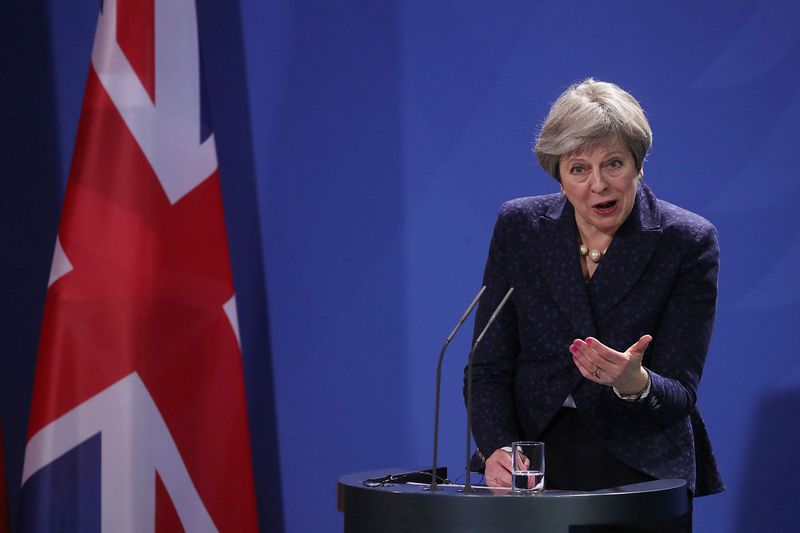British Prime Minister Theresa May yesterday hailed President Mnangagwa for his clear vision for Zimbabwe and commended him for pledging to set up a commission of inquiry into the violence that rocked Harare on August 1.
PM May, who is in South Africa, made the remarks in an interview with that country’s eNCA television last night.
When asked on President Mnangagwa and “the legal process” around his leadership, PM May said: “Well, I was pleased to hear that President Mnangagwa had said he was setting up a commission to look into the violence that we have seen taking place recently. I think that is an important step for Zimbabwe.
“I know that President Ramaphosa was out on inauguration in Zimbabwe only earlier this week, I think it is really an opportunity for Zimbabwe now. Now I look forward to Zimbabwe being able to grasp this opportunity for the future.”
Asked if that translated to endorsing President Mnangagwa, PM May responded: “The President is an elected President, and he is making an important step in saying he is setting up a commission of inquiry into what has happened in relation to the violence.
“I think that is a very important signal from him about the Zimbabwe he wants to see for the future, and the Zimbabwe that is taking opportunities for the future of its people.”
Political analysts last night said the remarks by PM May were very encouraging and were a further confirmation of the legitimacy and credibility of the July 30 election won by President Mnangagwa and Zanu-PF.
“Our elections were free, fair and credible, which no one in his her rightful mind can critic and the legitimacy of the election of President Mnangagwa can, therefore, not be questioned,” said political analyst Mr Gabriel Chaibva.
“The sentiments by the British Premier are a positive indication of the acceptance of Zimbabwe into the community of nations where we rightfully belong. We wronged nobody. We may have offended a few, but all are now realising that Zimbabwe was right in its land reform programme, particularly with recent developments in South Africa where PM May is currently visiting.”
Mr Chaibva said remarks by PM May were, therefore, encouraging.
“It is very encouraging to hear positive remarks from the British Premier representing the British people with whom we had a bilateral dispute two decades ago,” he said.
“It is an opportunity for us to open a new chapter in our bilateral relations. The sentiments expressed are very welcome and put paid to all matters relating to the legitimacy and credibility of our elections.”
Mr Chaibva said while the British were showing positive signs, it was sad that the Americans were still pursuing politics of aggression designed to create a puppet regime in Zimbabwe as evidenced by their imposition of illegal sanctions as the country prepared for the July 30 harmonised elections, in a bid to influence the outcome of the polls.
Another political analyst Mr Goodwine Mureriwa said sentiments by PM May pointed to an administration eager to correct wrongs of the past.
“I think Britain under May has not only realised that in the past the strained relations had been worsened by colonial history, but it has also opened a new leaf and wants to correct mistakes of the past,” he said. “These were compounded by the radicalism of Mr Mugabe and Tony Blair on both sides.”
Mr Mureriwa said Britain had a moral obligation to facilitate a smooth and just decolonisation process.
“In my view, what’s now appearing to be paramount to them is not to be hoodwinked by America’s arrogant and aggressive foreign policy towards the region, but to make inroads in Africa that would compensate for Brexit.
“They want a positive sum game and inevitably Zimbabwe, being their historical ‘little England’, gives them a lifeline considering the strategic and rare minerals in Zimbabwe.
“So, collective action does not seem to be a viable option. Realistically, countries want to pursue their individual interests and that is why Britain has not taken a stance that America has taken on South Africa, condemning the inevitable land redistribution exercise. It is good to be partners, not masters.”
President Mnangagwa is on record expressing his willingness to mend relations with Britain and even meet PM May over the matter.

